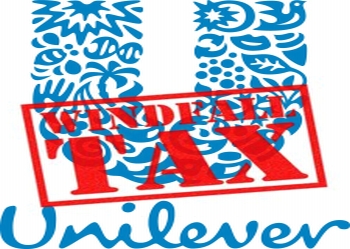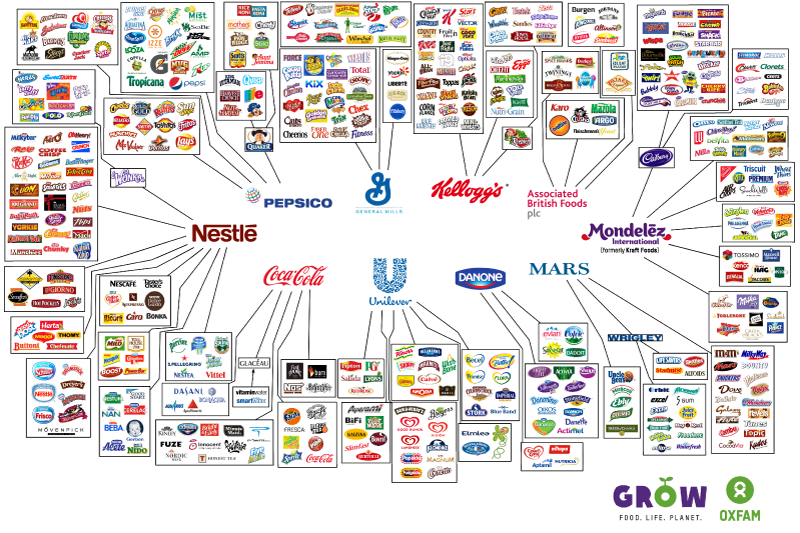
Unilever and Nestlé profit from food crisis
The impacts of the food crisis - the rise in price of food, fuel, and fertilizer - are felt hardest in countries of the global South. People living there are paying two, three or even four times what they paid before the war in Ukraine. In the Horn of Africa, food and fuel have become almost completely unaffordable to those who are already suffering from the extreme drought, adding to the ongoing emergency.
The countries most affected by the food crisis are also those most indebted, so a financial crisis adds to the current global struggles. The cost-of-living crisis is not bothering Unilever. Unilever's net profit in 2022 was over 8 billion euros, with prices rising by 11.3% on average. Unilever has raised prices faster than its biggest rivals P&G and Nestlé since the middle of 2021. The company will continue to raise prices in 2023 as well.
For Nestlé net profits in 2022 were 9.5 billion euros, lower than in the year before. Food corporations claim that they raised prices to compensate inflation, but in reality they make huge profits. Tensions with retailers are growing. Kraft Heinz products were pulled from shelves in Tesco stores in 2022 as the British supermarket giant could not agree pricing terms.
In September 2022, United Nations secretary general António Guterres called on developed economies "to tax the windfall profits of fossil fuel companies. Those funds should be re-directed in two ways: to countries suffering loss and damage caused by the climate crisis, and to people struggling with rising food and energy prices." International food corporations profit from the rising prices of the food crisis.
Until they don't pay windfall tax: use the Buycott app to boycott Unilever, Nestlé and Mondelēz products!
